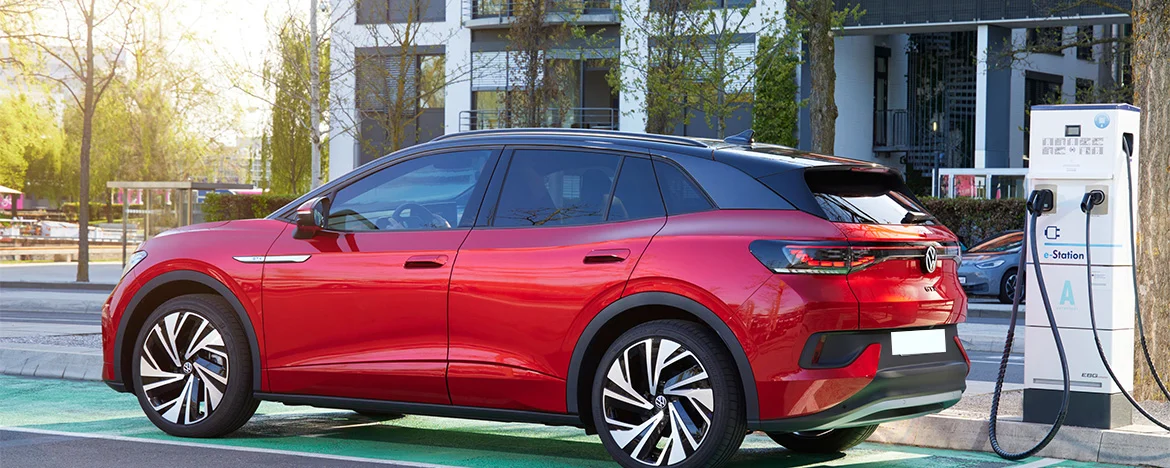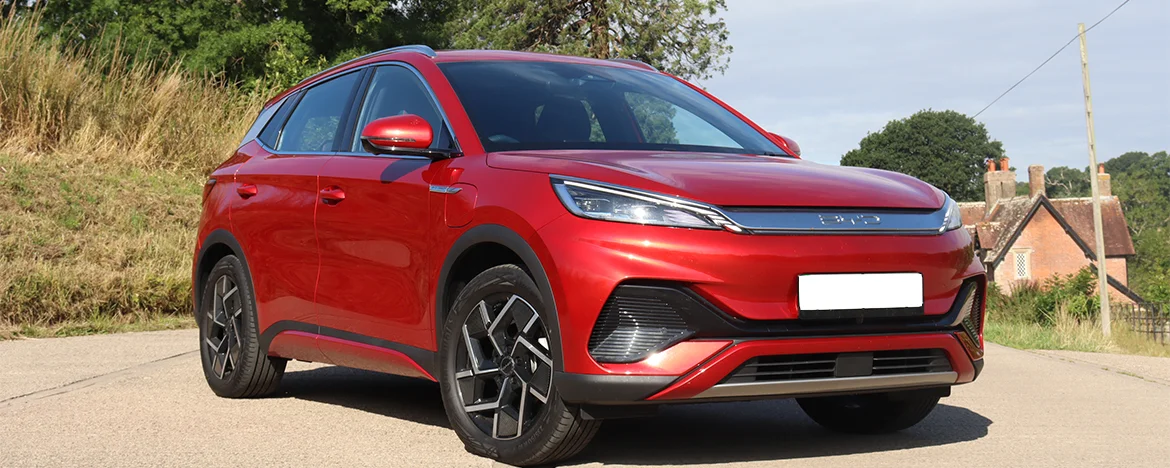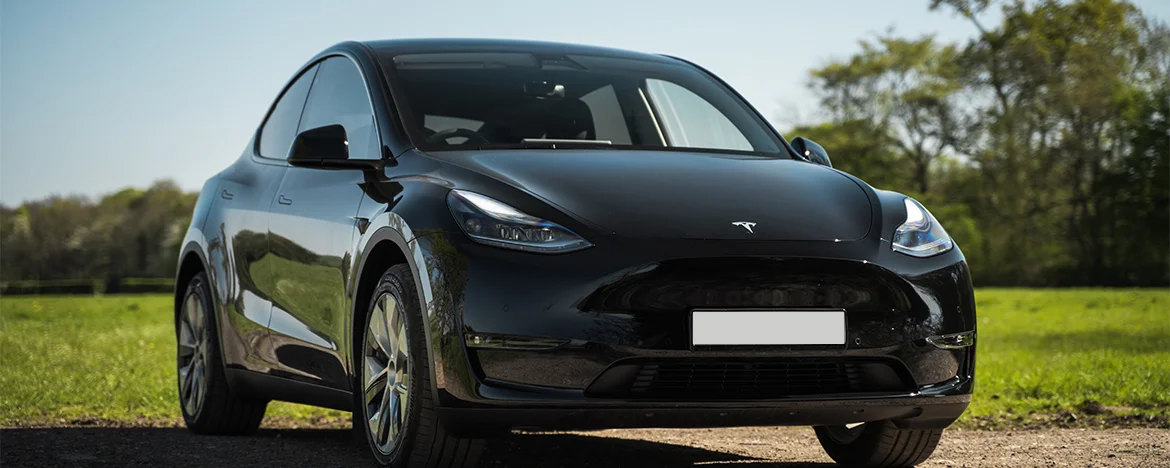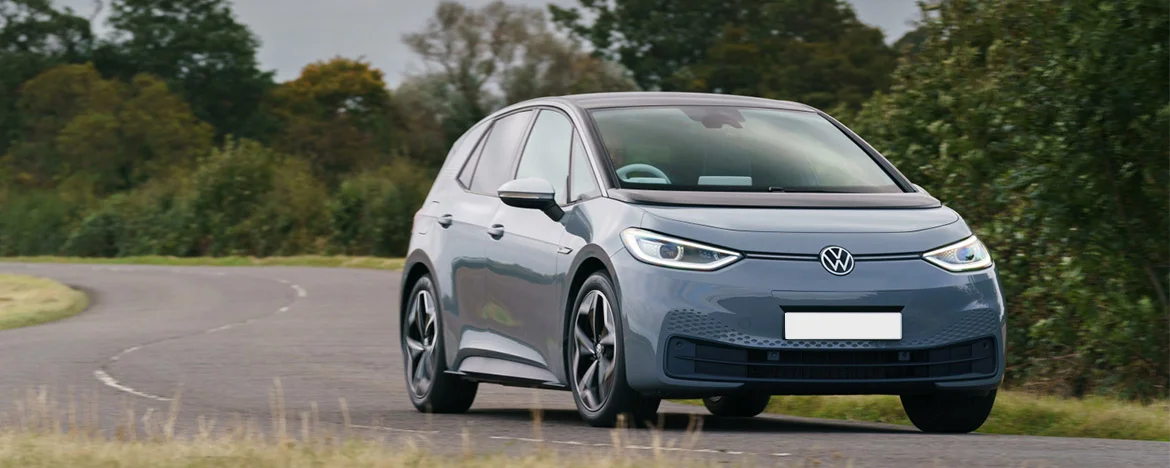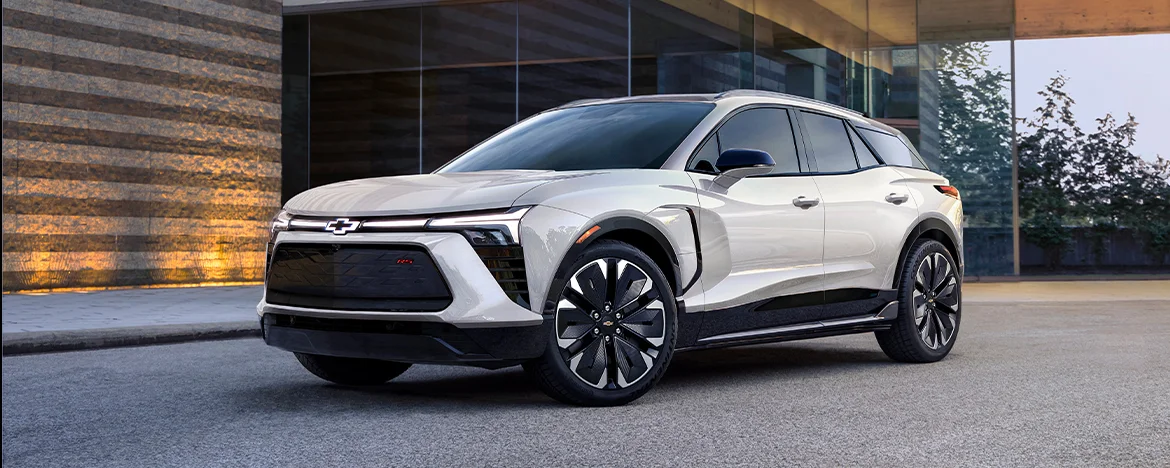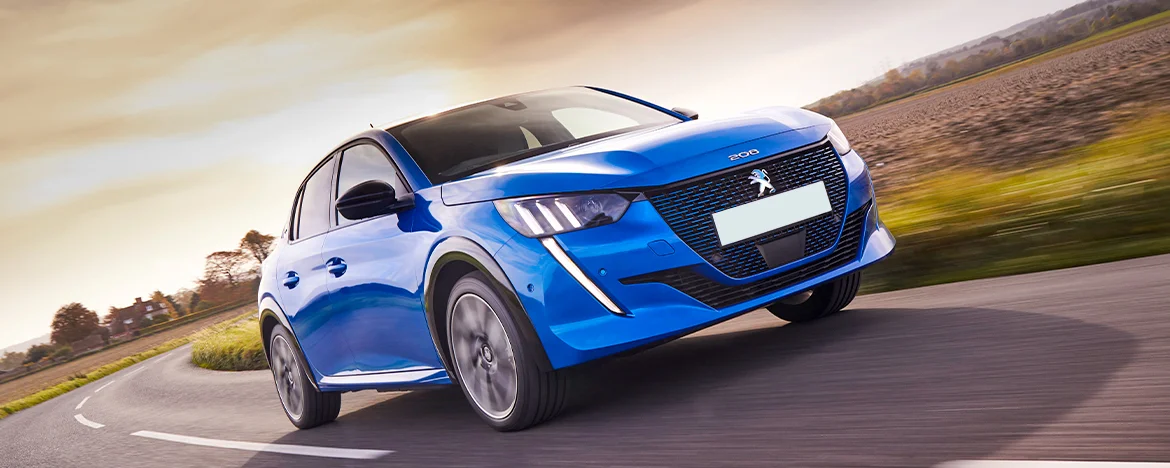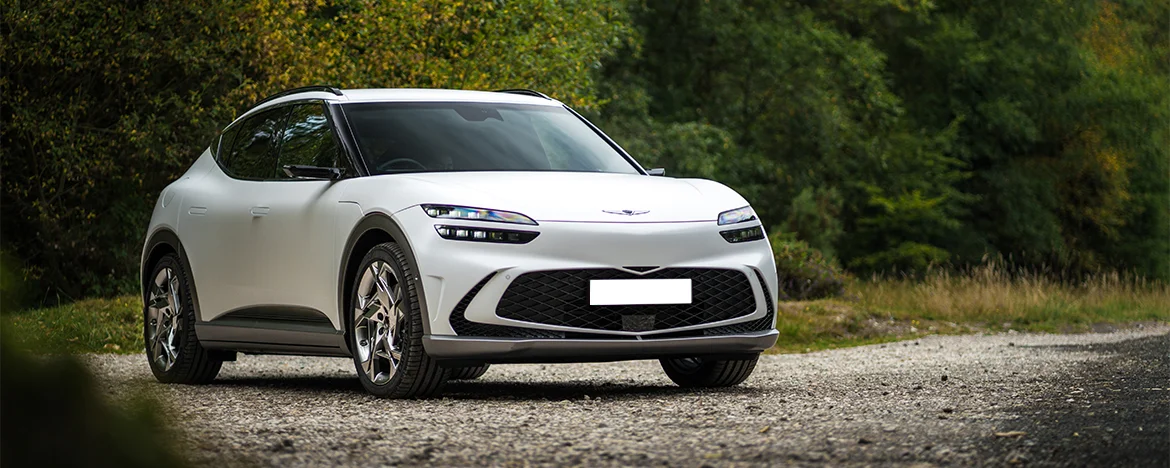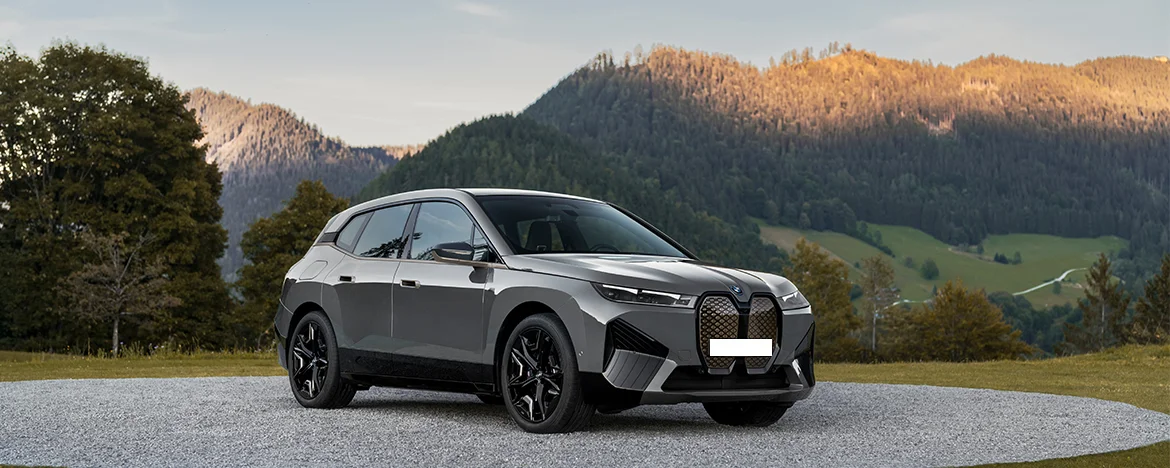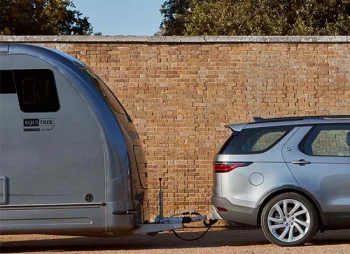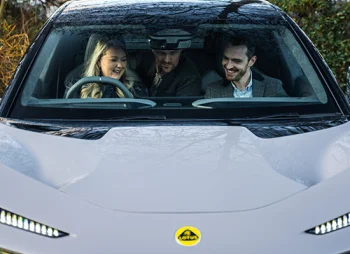Seven of the best electric manufacturers
When it comes to electrification of our vehicles, these brands are the best in the game
Electric driving isn’t the fun fad it once was.
With pretty much every established brand now offering at least one electric vehicle – and plenty of upstart newer brands that only offer electric cars – we’re spoilt for choice when it comes to choosing an electric car lease.
Whether you’re after a luxury electric saloon, or you just need a nippy electric supermini, there’s sure to be an EV that suits your budget and your lifestyle.
And the electric vehicle market is only going to grow, with forecasts predicting that over 14 million electric vehicles will be sold in 2023 – a four million increase (at least) from last year.
But which manufacturers are crushing the electric game?
Using data from EV Volumes, we’ve broken down which brands sold the most electric vehicles in the last year – and which ones are set to grow even further.

